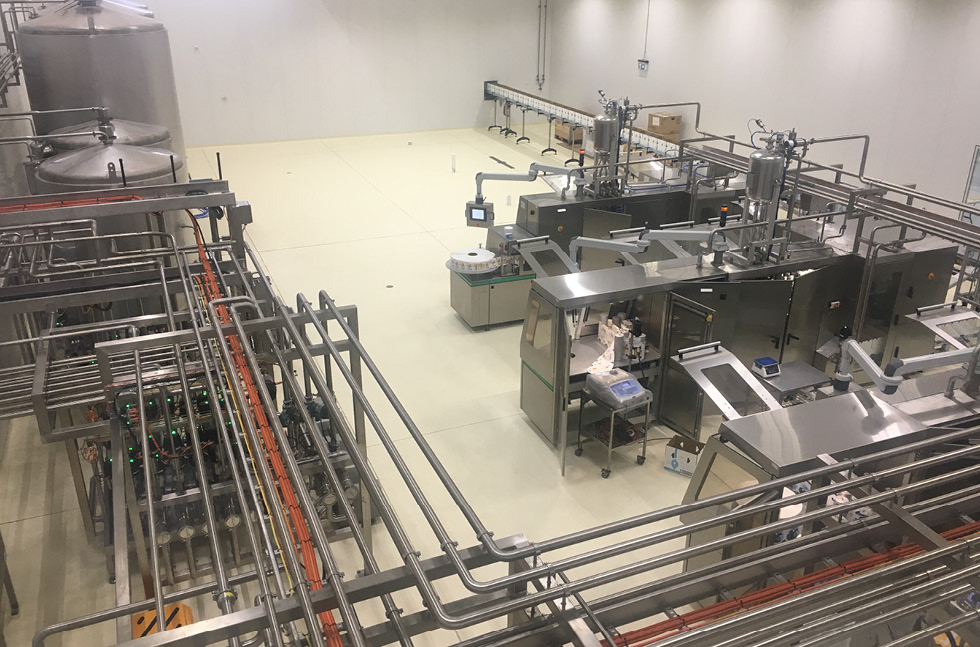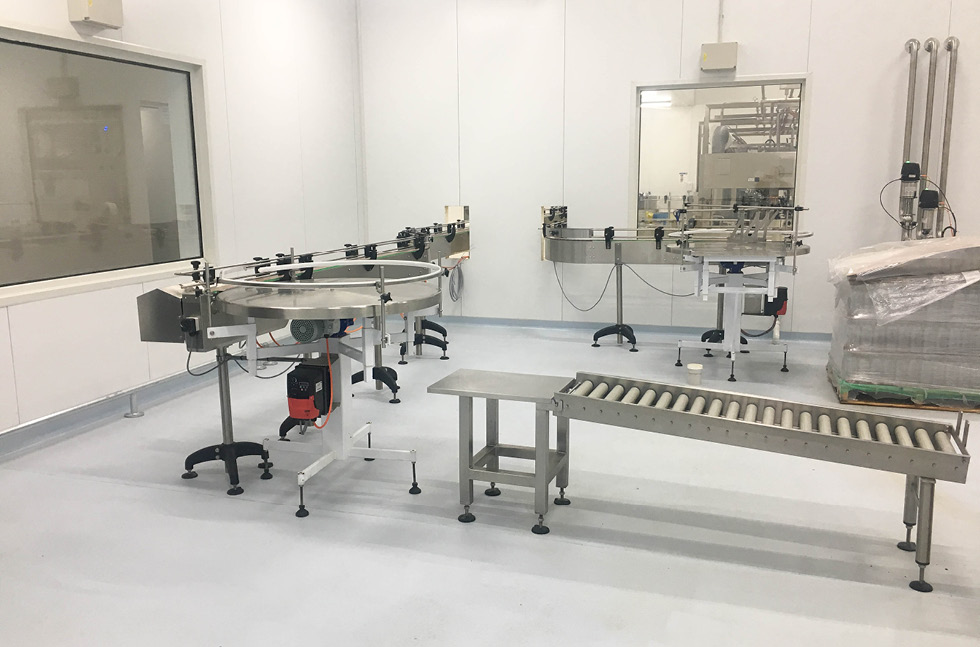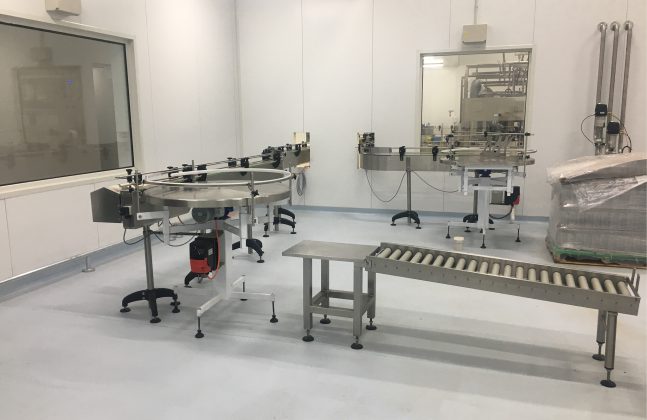If you are an All Things Flooring regular you will have seen a handful of blog posts on flooring solutions for the food and beverage industry, but when it comes to the dairy industry, specific measures must be taken to ensure the flooring is fit for purpose.
Let’s moo-sey through some key considerations.
Hoof-friendly Flooring
Creameries are often purpose built to deal with cattle, especially in the milking areas where cows will be standing for a period of time. The flooring in such areas must not only be able to withstand scuffs from multiple hooves, but also be a safe surface for the cattle themselves.

Dairy facilities are often purpose built to deal with cattle
Slip resistance is a huge benefit in areas such as these. Both the cattle and staff could be seriously injured if they slipped on spilled milk or cleaning solutions, and so adding non-slip aggregates into the floor can help to improve the safety of the milking parlour.
Sugar isn’t Always Sweet
In addition to slip resistance, chemical resistance is an absolute necessity.
This is especially pertinent in silo areas, kitchens, processing, mixing, ingredients and filling rooms due to the increased likelihood that produce will be spilled on to the floor.

The filling areas are likely to experience spilt produce
Regular exposure to natural sugars and acids in foodstuff, such as the natural sugar lactose in milk, can quickly corrode a floor finish, which can result in necessary costly repair work.
Strong chemical cleaners used to wash away spillages of this nature can have a similarly corrosive effect on the floor if the correct properties are not specified. Therefore, having a high chemical resistance is imperative to avoid floor failure and expensive refurbishments.
The creamery shown below chose a polyurethane resin system thanks its high level of chemical resistance. The temperature resistance of the system was also considered, as the client wanted to ensure that the flooring would not buckle in hot steam washes.
Don’t Cry Over Spilt Milk
Hygiene should be at the very top of your list when choosing flooring options. To eliminate the risk of contamination of produce, consider flooring that is seamless, impervious and able to withstand a thorough daily cleaning regime.
Polyurethane is especially useful in such areas thanks to its impervious nature. There are even polyurethane systems on the market that include additional antibacterial additives that can reduce levels of bacteria on the floor’s surface.

Coving helps to eliminate bacteria hiding in gaps between the floor and walls
In addition to an antibacterial flooring solution, coving around the base of walls should also be considered. Bacteria can easily hide in the gaps between the floor and wall, whereas coving eradicates this gap.
Coving is also very useful when washing down a space, as the entire area can be washed down at once instead of separately cleaning the floor and walls.
Custom Colours
Aside from being functional, flooring can also be used as an extension of your brand in the colours that you use.
Most flooring solutions come in a wide range of standard colours but also offer the option of having custom colours too.

Custom colours were used to reflect the branding of the Creamery
If there are multiple brand colours, these can also be used to zone a space to ensure that there is no cross-contamination. For example, orange flooring could represent spaces where un-pasteurised milk is stored, whereas areas with white flooring could signify where the pasteurised milk is.





